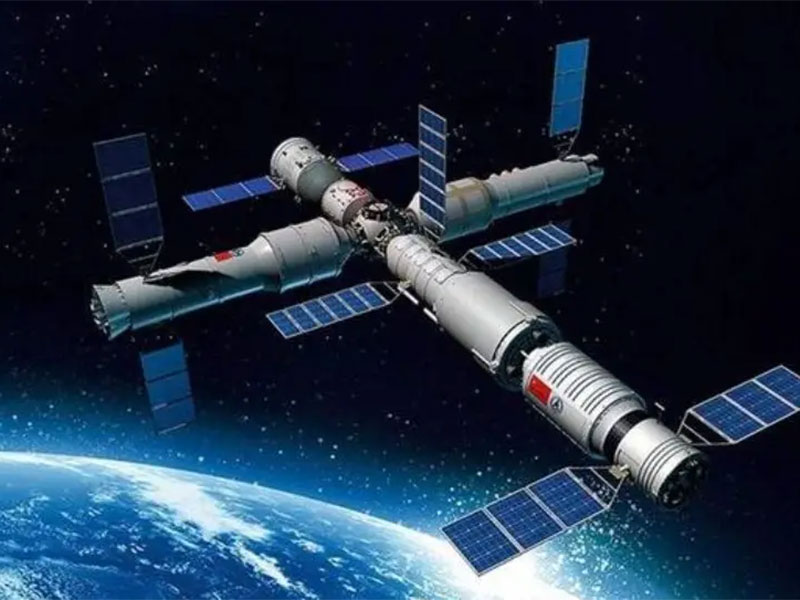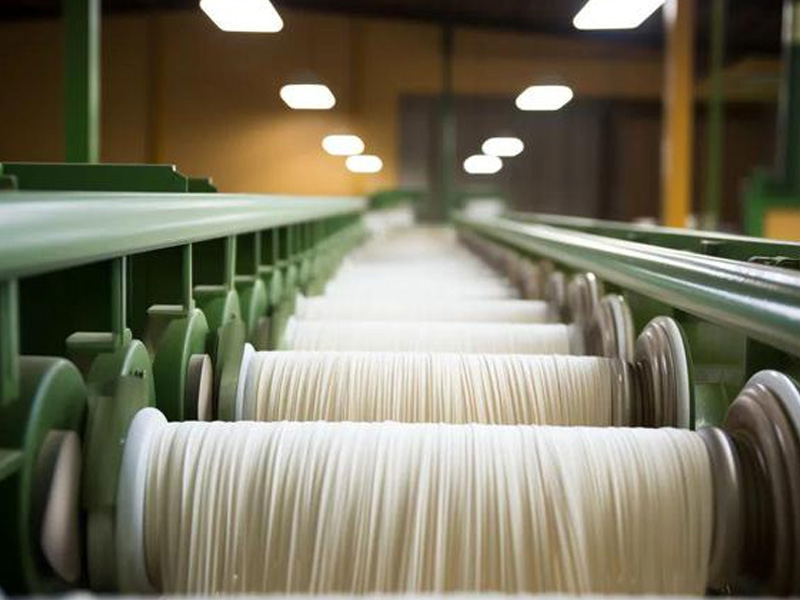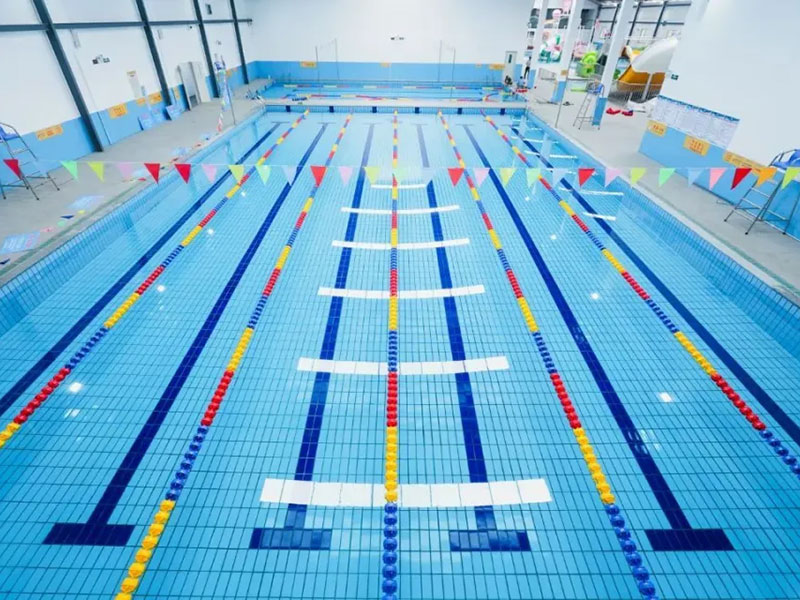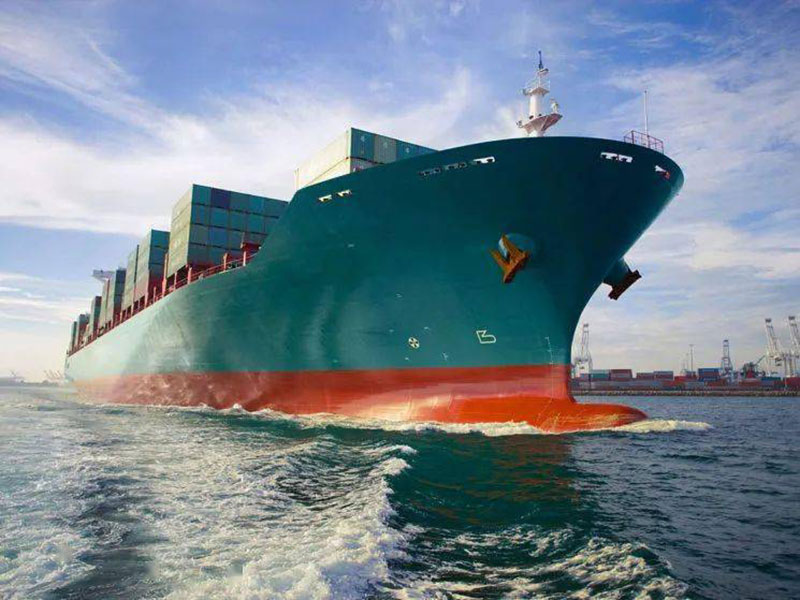Aerospace And Aviation
Used for air drying in satellite and spacecraft assembly and test sites.


Humidity/Process Requirements
Target Humidity Range: 35~50% RH
Challenges
The aerospace and aviation industry relies on precision manufacturing, storage, and maintenance of highly sensitive components and materials. Improper humidity levels can lead to significant risks and damages:
Corrosion of Components: High humidity accelerates corrosion in metal parts, including aircraft frames, engines, and electronic systems, compromising safety and durability.
Condensation Risks: Moisture condensation on surfaces and equipment during assembly or storage can cause defects and operational inefficiencies.
Material Degradation: Composite materials, paints, and adhesives used in aircraft manufacturing can deteriorate due to excessive humidity, affecting structural integrity.
Static Discharge: Low humidity environments increase the risk of static discharge, which can damage sensitive electronic systems.
Solutions
Rotary dehumidifiers provide advanced humidity control tailored to the aerospace and aviation industry:
1. Corrosion Prevention:
Maintains low humidity levels to protect metal components and prevent rust, ensuring long-term reliability.
2. Condensation Control:
Eliminates moisture buildup during assembly, maintenance, and storage, reducing defects and improving efficiency.
3. Material Protection:
• Ensures stable conditions to preserve the quality of composite materials, paints, and adhesives used in aircraft manufacturing.
4. Static Mitigation:
Maintains balanced humidity to minimize the risk of static discharge, safeguarding sensitive electronic components.
5. Energy-Efficient Operations:
Rotary dehumidifiers ensure precise control with low energy consumption, reducing operational costs in large facilities.
Rotary dehumidifiers are a vital tool in aerospace and aviation, ensuring the integrity, safety, and performance of critical components and systems throughout production, storage, and maintenance.








